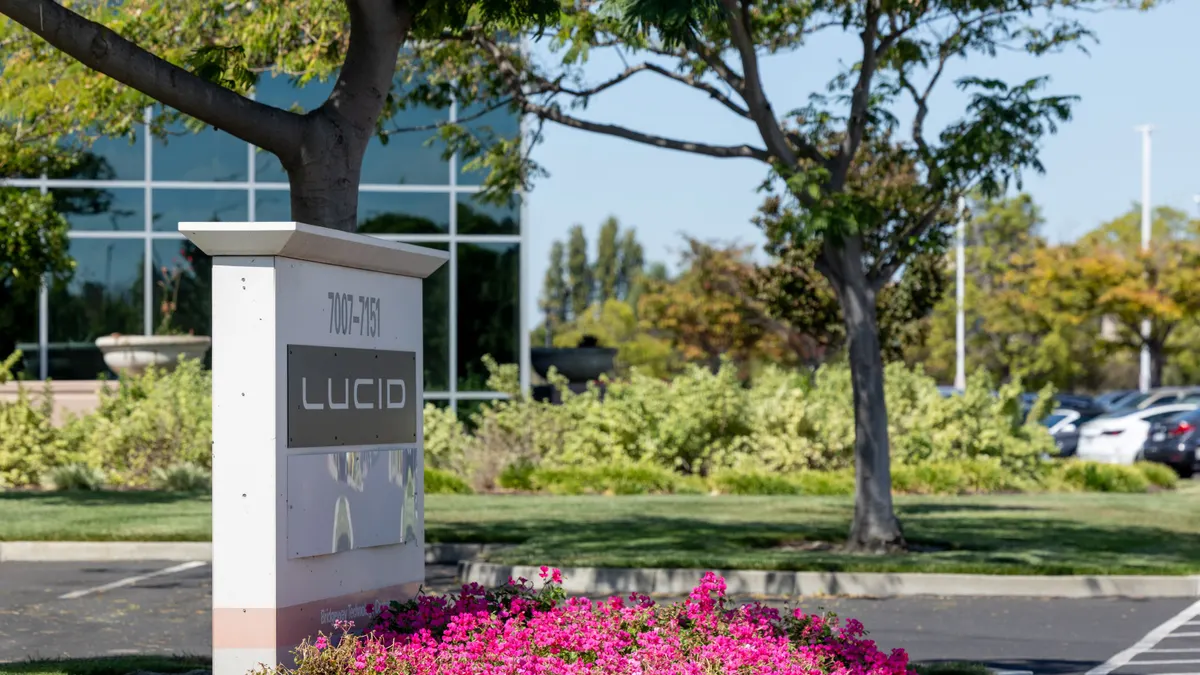Category Winner
Tax Operations
As director of corporate fiscal services for TNT Express Worldwide, Tim Brierley needed a globetrotting, never-tire attitude just to keep pace with dozens of acquisitions, expansions, and changes of ownership over the past seven years. But Brierley helped himself, and TNT, to stay a step ahead by overhauling the express-delivery giant’s tax compliance system three years ago. The changes allow for better global tax planning, timelier compliance, and lower cost–a hat trick worthy of recognition as the first winner of the new REACH Award for tax operations.
Although change wasn’t easy, there was little alternative. When Brierley joined TNT in 1990, tax operations at the delivery service “were pretty much in a mess,” admits the English- born executive. “There wasn’t any fat to trim, because there wasn’t really a central tax operation.”
Worse, there was little time to worry about a fix. The company, then a $500 million division of TNT Ltd., an Australian-based transportation concern, was about to become part of a joint venture with four of Europe’s and Canada’s national postal networks, expand globally, and be relaunched as TNT Express Worldwide NV. Fifteen months and more than 100 countries later, Brierley found himself the director of fiscal services of a fast-growing $700 million corporation with seemingly endless sorting-out to do.
Indeed, at that point in 1992, TNT’s group tax operations hardly functioned. Local compliance was handled by division controllers and scattered tax professionals, with uncoordinated help from external service providers. The company then used KPMG Peat Marwick to prepare and audit the consolidated return, but the preparers could barely assemble the necessary information from operations and file before the deadline. Planning, meanwhile, consisted of Brierley and one other tax attorney.
Not until early 1993, when the operational integration and fiscal planning of the newly global company settled down, could Brierley begin to focus on improving tax compliance processes. “There was clearly room for improvement,” says Brierley of those bad old days. “Not only were we dealing with 14 different accounting systems and policies around the world, but no one knew what the group needed from them.”
BRIERLEY’S BAEDEKER
To change matters, Brierley first set about documenting the tax process for all of the country and divisional finance executives to follow. The result was the Guide to Best Fiscal Practice, which Brierley wrote over a four-month period. The 60-page guide lays out compliance, audit, and tax- planning requirements in simple terms.
“We have many controllers and finance people to whom English is a second language, so I kept it very short and to the point,” says Brierley. “Besides, no one wants to read much, especially about taxes. They just want to know what to do, or where to go for help.” To encourage controllers and business managers to actually use it, the guide was sent out packaged with a letter signed by John Fellows and Charles Graham (then the respective CEO and CFO of the company) and, at the end of 1995, it was made part of the standard policy manual for controllers.
At the same time, Brierley implemented a new, more structured compliance system. Before, country controllers were required to assemble and file their own returns and submit figures to fiscal services. Fiscal services then turned that information over to KPMG, which had to tracked down missing data to complete the consolidated return in the Netherlands. (This followed normal patterns, since outsourcing tax compliance is much more common in the Netherlands than in the United States.)
Under the new process, KPMG and other service providers work closely at the local level with the country entities to file necessary returns. The consolidated return data is then passed along to corporate fiscal services by accounting, with which the new director of compliance creates the consolidated return. The work is then audited by KPMG before filing. The new process helped achieve two main goals of the reengineering: one, timely, predictable filing; two, a reduction in total compliance costs–from $3.2 million in 1994 to just under $2 million for filings related to fiscal 1996–even while the company grew by 40 percent, to more than $1.7 billion in annual revenues.
A NEW GL
This streamlining was greatly aided by the standardization of accounting systems at TNT Express around the world. Starting around 1994, the company began implementing a single general ledger using a Computron software system, a migration that took just over two years to complete.
The new general ledger also enabled Jeroen Deerenberg, Brierley’s compliance manager, to stay on top of the company’s consolidated tax position on a triannual basis, and to do ad hoc reviews during critical events. This helped achieve another important goal of the tax reorganization–the establishment of a manageable, minimum fiscal exposure for the group, with no surprises for the board or shareholders.
The results of all this hard slogging around the globe? For one, Brierley was able to reduce the group tax provision by 50 percent between the close of 1994 and 1996. Additionally, a two-year backlog of returns– all on extension or late–was cleaned up in just 18 months. Today, returns are filed on or near their first filing dates in nearly every country annually, and well within the generous 15-month window granted to companies in the Netherlands for the consolidated return.
Internally, the final adjusted tax position is completed and ready for financial audit just five days after the year-end close. As an added benefit, no significant audit assessments have been leveled on the country level in 3 years, despite the fact that TNT has 15 to 25 audits taking place in the company by tax authorities at any one time; and it successfully negotiated a Netherlands consolidated audit (its first in 10 years) with no unexpected adjustments in 1995.
ONCE MORE, FROM THE TOP
But Brierley has had little time to rest on his laurels. In December 1996, TNT Express and its parent company were bought by KPN, the giant Dutch postal and telecommunications corporation. KPN placed TNT under the wing of a large division, PTT Post BV. But when PTT’s corporate fiscal team came through for a look at how TNT Express operated, instead of forcing a new system onto the subsidiary, they asked Brierley to show them how to adapt the same system across PTT. That has led to a lot more scrambling for Brierley, as he was already faced with integrating the other TNT companies’ fiscal departments into one operation–the new TNT Group, with a combined $4.5 billion in revenues.
“We’re right back in the middle of unifying systems and redefining processes at all these new and much larger operations,” says Brierley. “It’s certainly kept life interesting.”
For a snapshot on the best practices and key metrics data for tax operations click here.
Return To Champions of Change




















